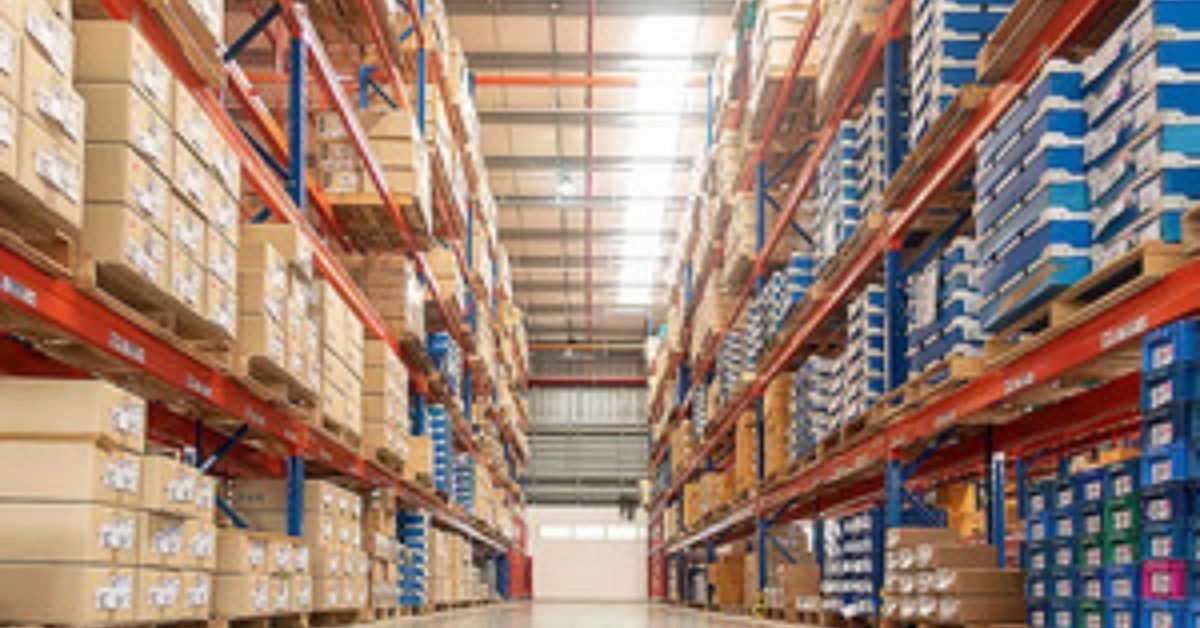The logistics and warehousing sector plays a crucial role in achieving India’s development goals. With the warehousing market projected to grow at a compound annual growth rate of over 10% to 535 million sq ft by 2026, it is imperative to integrate sustainable measures into the design, construction, and operation of warehouses, says a report launched by JLL and IndoSpace, with contribution from International Finance Corporation.
“India’s warehousing sector is in a unique position of being one of the key drivers of its economic growth, as well as being the guiding light to ensure that this growth is sustainable and has a positive environmental impact. Assessing the integration of environmental-friendly and sustainable practices throughout the design, construction, and operation of a warehouse holds significant ecological and economic advantages throughout the lifespan of the asset.” said Yogesh Shevade, Head of Logistics & Industrial, India, JLL. He further added, “Our firm is committed to reach net-zero greenhouse gas emissions across the value chain by 2040. We have been at the forefront of creating awareness about sustainable development and providing solutions to help our partners forge a brighter way towards a greener tomorrow.”
“Sustainable warehousing is key for responsible industrial growth. In the landscape of progress, ‘sustainable warehousing’ is not just a concept; it stands as the crucial link connecting industrial advancement to environmental preservation. It is the basis for future proof warehousing.” said Rajesh Jaggi, Vice Chairman, Real Estate, Everstone Group. Emphasising IndoSpace’s commitment to 100% sustainable building certification, he added, “IndoSpace is not merely a space provider, we are architects of sustainable progress. Our organisation’s dedication is reflected in properties awarded with EDGE and IGBC certifications, reinforcing our pursuit of a future where sustainability is ingrained in every brick and beam.”
“With warehousing in India expected to grow at an annual growth rate of 10% or more, it is crucial to expand Green Warehousing solutions that prioritize resource-efficiency and sustainability—both vital for supporting market growth and attracting global businesses,” said Wendy Werner, IFC India Country Head. . She added, “Through IFC EDGE (Excellence in Design for Greater Efficiencies), and in collaboration with market leaders and partners, we aim to develop a resilient logistics sector essential to foster economic growth, trade and development.”
This report from JLL and IndoSpace, with contribution from International Finance Corporation (IFC) provides a deep understanding of the concept of sustainable warehousing in the Indian context. It explores the economic, environmental, and social benefits of developing and maintaining sustainable warehouses compared to traditional warehouses without sustainable measures. This report aims to highlight how incorporating green measures in the design, construction, and operations of a warehouse has tangible benefits across the asset’s lifecycle, such as:
• 40% savings in total energy consumption
• 30% savings in water consumption
• 35% reduction in total embodied energy
• Three years – average payback period for return on investment. Moreover, it also identifies the most common and effective sustainability measures that can be incorporated in warehouse design.






